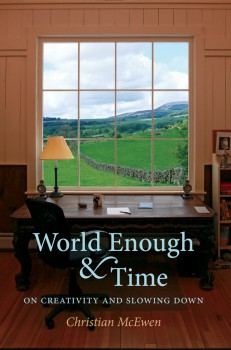Jane Hirshfield, who lives in the San
Francisco Bay
The Promise
The Promise
Stay, I said
to the cut flowers.
They bowed
their heads lower.
Stay, I said to the spider,
who fled.
Stay, leaf.
It reddened,
embarrassed for me and itself.
Stay, I said to my body.
It sat as a dog does,
obedient for a moment,
soon starting to tremble.
Stay, to the earth
of riverine valley meadows,
of fossiled escarpments,
of limestone and sandstone.
It looked back
with a changing expression, in silence.
Stay, I said to my loves.
Each answered,
Always.
American Life in Poetry is made possible by The Poetry
Foundation www.poetryfoundation.org), publisher of Poetry magazine.
It is also supported by the Department of English at the University of
Nebraska-Lincoln. Poem copyright ©2011 by Jane Hirshfield, from her most recent
book of poems, Come, Thief, Alfred A. Knopf, 2011. Poem reprinted by
permission of Jane Hirshfield and the publisher. Introduction copyright © 2012
by The Poetry Foundation. The introduction's author, Ted Kooser, served as
United States Poet Laureate Consultant in Poetry to the Library of Congress
from 2004-2006.












